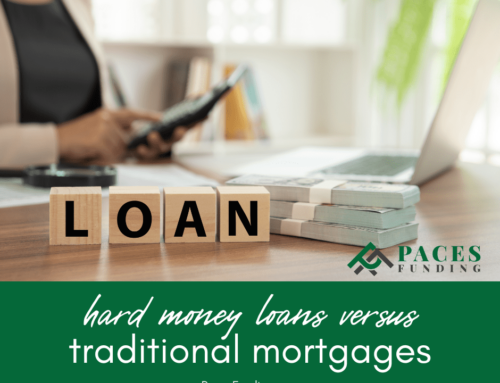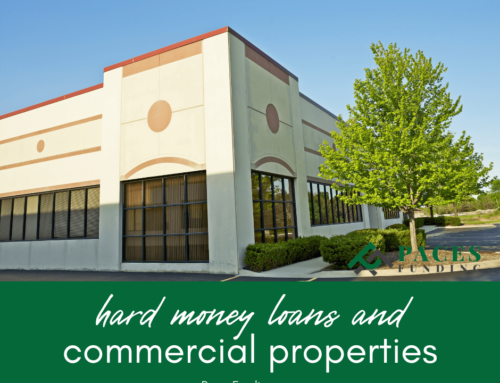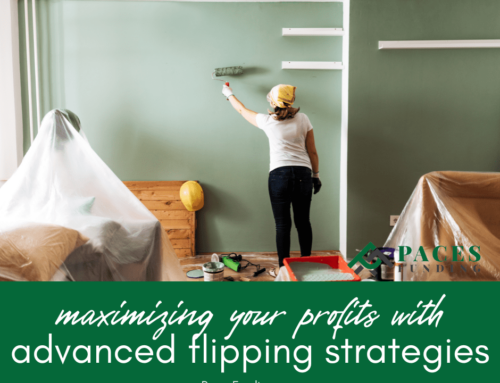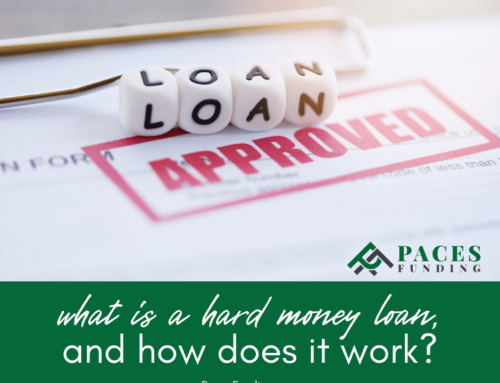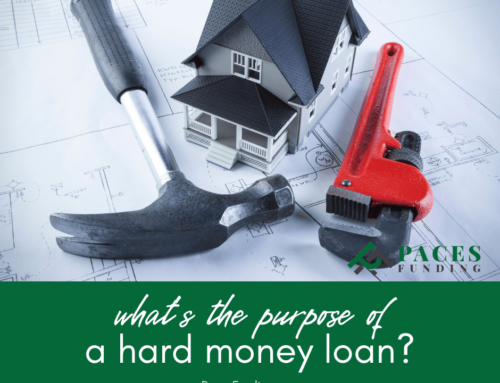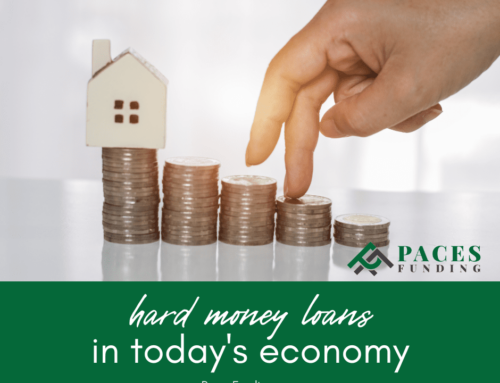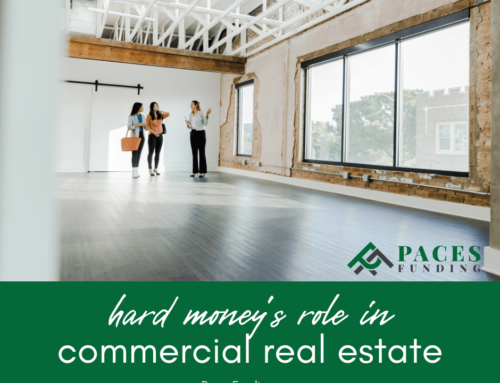
What is the 70% Rule in Real Estate Investing?
If you’re interested in flipping houses, you’ve probably heard of the 70 Percent Rule – but what is it, and how does it apply to you?
What is the 70% Rule?
The 70 Percent Rule is a pretty common term among real estate investors. It refers to a way to determine what price you should pay for a house and the costs of rehabbing it in order to make money.
Typically, under this “rule,” an investor should pay about 70 percent of the house’s ARV, or after-repaired value) of a property, minus the repairs.
Let’s say a house’s ARV is $150,000. It needs $25,000 in repairs. Under the 70 Percent Rule, an investor should only pay about $80,000 for the house.
Here’s the math:
$150,000 x 0.70 – $105,000
$105,000 – $25,000 – $80,000
Are You Looking for a Hard Money Loan to Buy a Property?
Call us at 404-814-1644 or contact us online to find out whether you might qualify for this type of funding in Tennessee, Georgia or Florida. In the meantime, check to ensure that you meet our loan criteria. Our loan amounts can be up to 65 percent of the after-repaired value of the collateral—and if you use the loan for renovation or construction, the loan amount can be based on the collateral’s improved value.
Read our frequently asked questions and take a few minutes to learn about the hard money loan process.


